A term coined in the 1970s, The Female Gaze portrays the way women see the world. It shifts the perspective from that of a male, to that of a female – representing women as the subject rather than the object.
Our newest column, The Female Gaze, is a place to elevate female empowerment. To celebrate womanhood, and to listen to those changing the world.
We start by speaking to Noëlla Coursaris Musunka, a Congolese-Cypriot philanthropist and model born in The Democratic Republic of Congo and raised in Europe. In 2007, Noëlla founded community-driven, non-profit Malaika DRC, which aims to empower the next generation of leaders in Congo, by empowering girls and communities through access to education and health care.
I was born in Congo. My father died when I was five and my mum didn’t have the resources to keep me so she decided to give me away – I moved from family to family in Europe. Going back to see my mum after 14 years, when I was 18, was the moment that really shaped my mind. To see her living in poor conditions, but also to see many children out of school, people who didn’t have the same chances as others, made me want to do something for my country. My upbringing made me very determined, very resilient, very strong, very positive and it made me feel lucky for what many of us have. Being a mother now, I understand the sacrifice of my mother.
In 2007 you founded Malaika to help to educate girls in Congo. What led to this?
When you look at the statistics – 244 million children globally don’t attend school and according to UNESCO 129 million of these are girls – they are shocking. In the world we live in, education is not a luxury, education should be available for all. We have many conflicts, wars and displaced people in the world – and so many of them don’t attend school. I really wanted to give people in Congo a chance. In Congo you have to pay to go to school, but the school I built is free to attend. I knew that I had to invest in high quality education to give people the opportunity to attend school but to have a holistic curriculum.
How did you begin at Malaika, and how have things changed since then?
We started very small – with only three classrooms in one building – and now we have 18 classrooms in nine buildings. Girls who attend are aged roughly five to 18 years old. The 18 year olds will have exams in July this year (2023). It’s going to be the first graduation of Malaika students: they want to be journalists, designers, lawyers. It’s fantastic to see them grow. We also saw that there was a huge nutrition problem in the village; many people were eating only a few times a week so we provide breakfast in the morning and lunch after school. Between our 430 students plus staff we are feeding nearly 480 people a day. There’s no point in building a school if the students are not able to be dedicated, mentally and physically. Health comes even before education.
We were working in a village without running water, without electricity. In order to build a school and its toilet facilities, you need to have water. So we had to build a well – we found that hundreds of people were coming every day to get water so we decided to build more. Now we have 28 wells. We completely transformed the village – we asked the government to build a road, we have our own farming, we grow food for our canteen.
What education do you provide at Malaika?
In 2013 we launched our community centre that is made up of five pillars: we have the school to have a comprehensive curriculum for primary and secondary education taught in French and English for 430 girls, including STEM, coding, music, theatre, sports and art. The second pillar is the community centre where we offer literacy, vocational education and health classes to more than 5000 youths and adults every year – it has a football pitch that was partially built in partnership with FIFA. Another is technical classes that we built with Caterpillar Foundation offering studies in mechanics and electricity to youths and adults certifying them at a nationally-recognised level. Nutrition is an important pillar to us, we grow organic food on campus and provide all staff and children with two healthy meals each day, as well as providing employment opportunities and educating the community about sustainable farming. Lastly, we have water as a pillar; we’ve built and refurbished 28 wells to provide clean drinking water to 35,000 locals.
Your website states that: ‘an educated woman is more likely to give back to her community, to inspire others to attend school, and to cultivate a sense of independence among both her peers and the next generation’. Can you tell us more about what you mean by this?
An educated woman has a sense of purpose, self belief and the motivation to uplift herself. She envisions a better future and believes that she possesses the tools and skills needed to work towards it. She feels capable. I think when you invest in women they’re likely to earn more and less likely to suffer illness, less likely to experience early marriage or maternal mortality. If we were not educating the parents and the mothers, they would probably not keep their children at school for as long as they do (girls attending Malaika school have to stay 12 or sometimes 13 years). Parents would take the girls out of school, getting them married and pregnant and at an early age. It’s important that you invest in education, not only for girls, but also for women – the parents.
Do you think education can change the world?
Of course – it can really change the world. We must keep educating older children, educating girls, educating women and really keep investing.
Tell us about your Congo, what does it mean to you?
Sangha River. Morning fog on the African river Sangha. Congo.
When I close my eyes and think of Congo, it’s music. It’s smiles. It’s love. It’s dancing. It’s vibrant. Congo is an amazing country with an amazing culture, and with great food. People there are very generous, they’re very kind. Congo has gorillas, rivers and a large rainforest. But it has a tragic story of ongoing conflict in which more than six million people have died. It’s a very resource-rich country – much of the materials in laptops and cars are taken from here. This is one of the reasons we need to educate Congolese children, to let them know that they can take control one day, and push for peace. Unfortunately, the war that we have in Congo and the conflict that has been imposed on us doesn’t make the limelight.
Has your experience in the fashion industry impacted your advocacy work?
Yes, I’ve been in the fashion industry for many, many years and I’m extremely lucky because a lot of brands have worked with me, donating to Malaika – silently or vocally. Sometimes we work on partnerships together with a percentage given to Malaika. We’ve undertaken partnerships with Roksanda, The Outnet and Net a Porter. With Net a Porter we released a campaign on IWD and they gave a percentage of profits to Malaika. It’s fantastic because so many brands and platforms donate and support the work we’re doing at Malaika.
You’ve been known to advocate ‘modelling with meaning’. What does this mean?
For me, it means an element of giving back from campaigns with brands. I’m very selective about the brands I work with – I look for sustainable brands that have a positive impact on the environment, people and supply chains.
As well as modelling and running Malaika, you’re also a mum. How do you balance it all?
I also have a dog and do a lot of travelling and a lot of speaking engagements. But when I’m home, from the moment I pick up the kids from school until they go to bed, I make sure I’m really with them. I switch off my laptop and phone, I cook dinner, I help them with homework and get them ready for bed.
What lessons do you want your children to learn?
My daughter is eight and my son is 12, they come to Congo with me every year for 6 or 7 weeks. We have a strict education at home, we try to educate them about values and to work hard, but I want them to learn on their own, too. When they come with me to Congo, they become young entrepreneurs and philanthropists: they decide what they want to do and how they want to help the villages and communities there. They may want to build a well, or bring food and supplies. They have a lot of compassion and a lot of passion. Over the years they’ve made friends in Congo too. They’ve very humanitarian children and they also help with charities in England; my daughter is involved with the homeless and my son with food programmes in school and shelters.
What is your favourite way to spend any downtime you get?
My work is intense so downtime is important to me. I take Wednesday morning and Friday off. I love going to a spa and the gym. I like to read things that make me happy. I look after myself; sometimes just going for lunch with friends or dinner or walking the dog. We’re lucky to live in the Cotswolds, it’s a very beautiful part of the world.
Do you enjoy travelling, outside Congo?
Yes, I travel a lot. But I also say no to so many things. Because with my children – and the density of homework and activities – it’s very tough. I choose my travels carefully but I love to discover new places, people and cultures.
What advice would you give to other women wanting to give back to the world?
Before giving back to the world, you need to be well in your own mind and body. Then choose one or two organisations that are really close to your heart so you can be involved with them 100%. I see a lot of people who want to do so many things and sometimes they end up with burnout. I’m often asked to do many things – to be on advisory boards, charities, etc – but I try to really focus on what I do. So it’s better to do a few things that make you happy and when you can’t keep going, take time for yourself. This way you can be consistent.
What other, general life advice would you give to women or girls?
Take your time. With Covid and everything going on in the world, it’s important to enjoy the moment and to enjoy time with the people that we really care about.
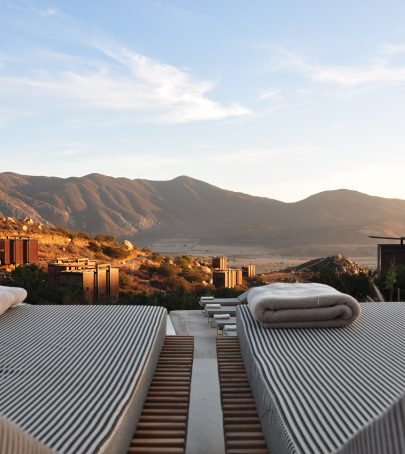
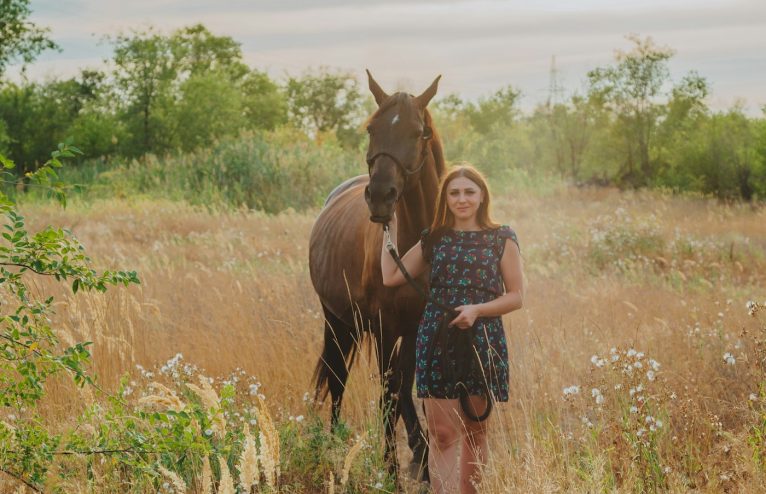
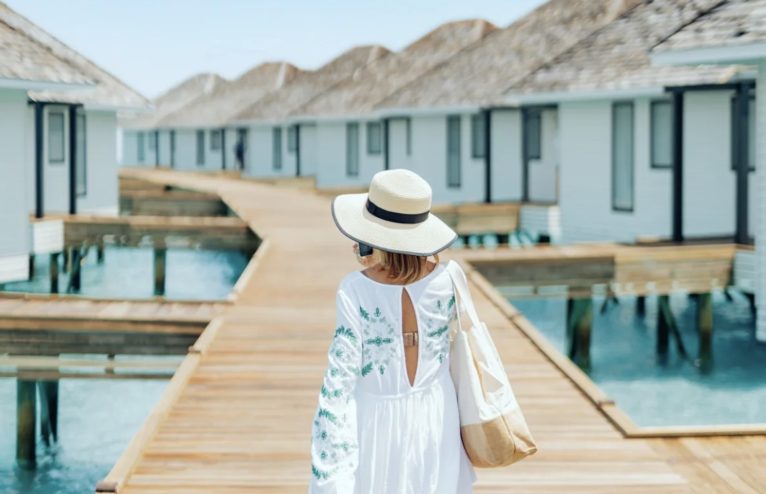
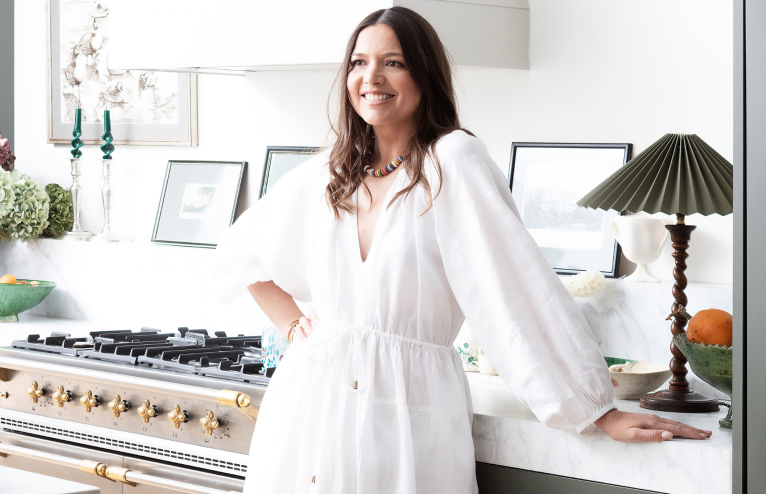
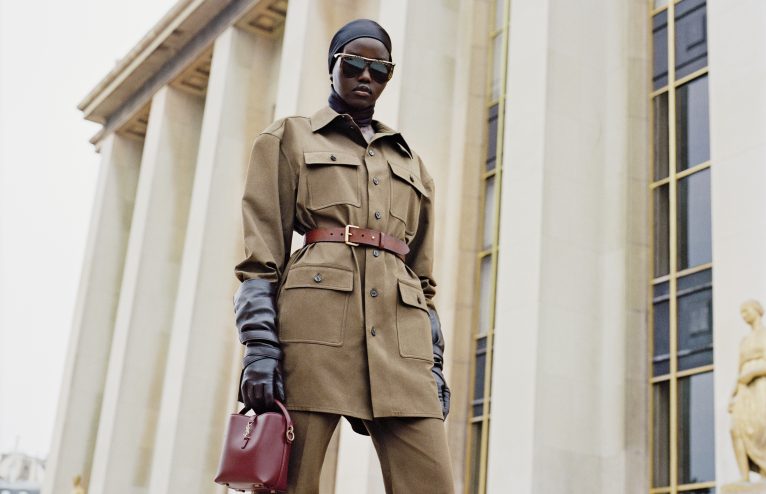
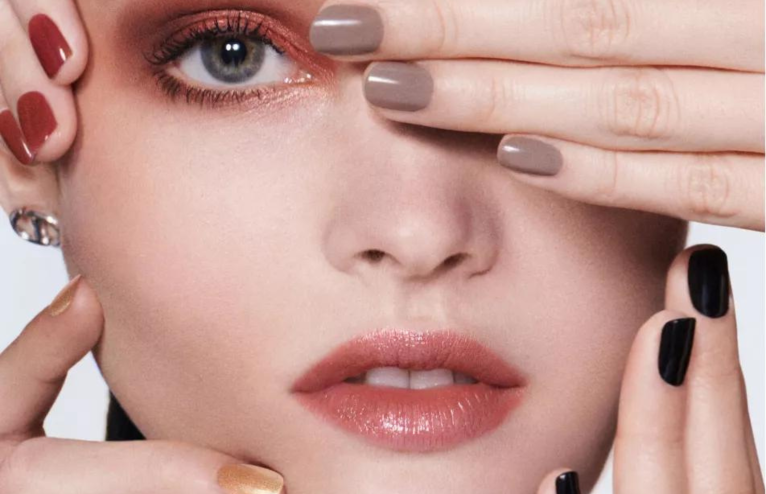
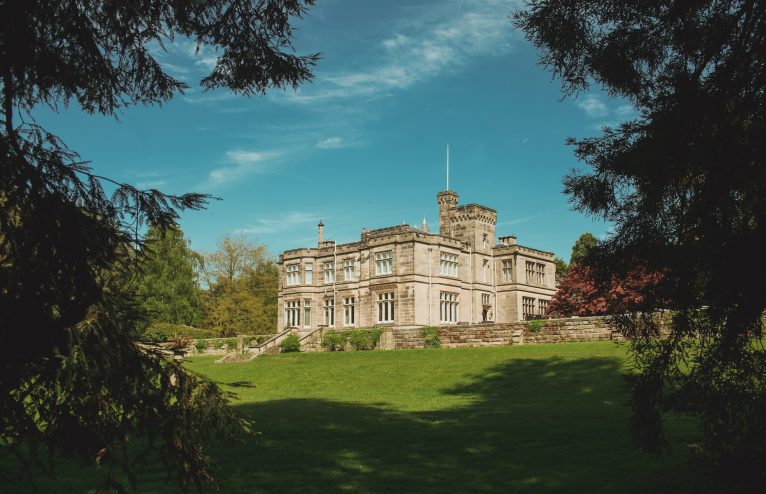
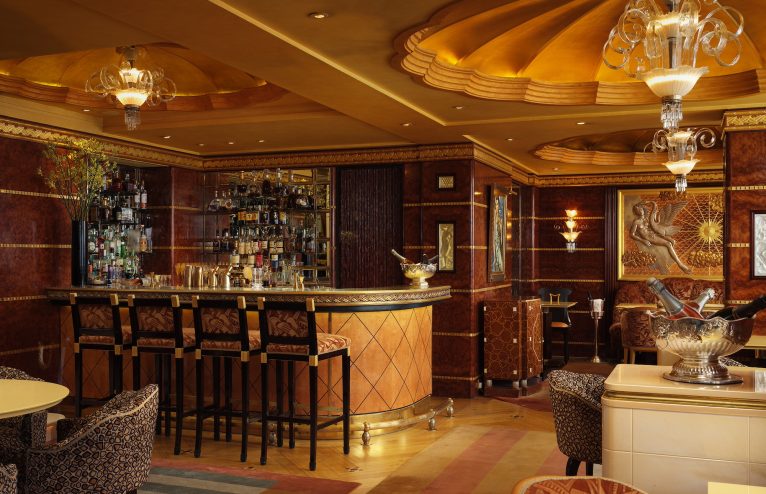
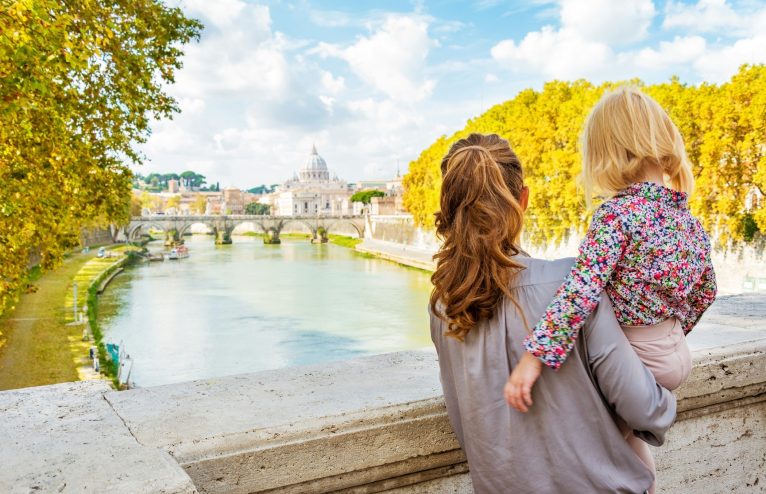
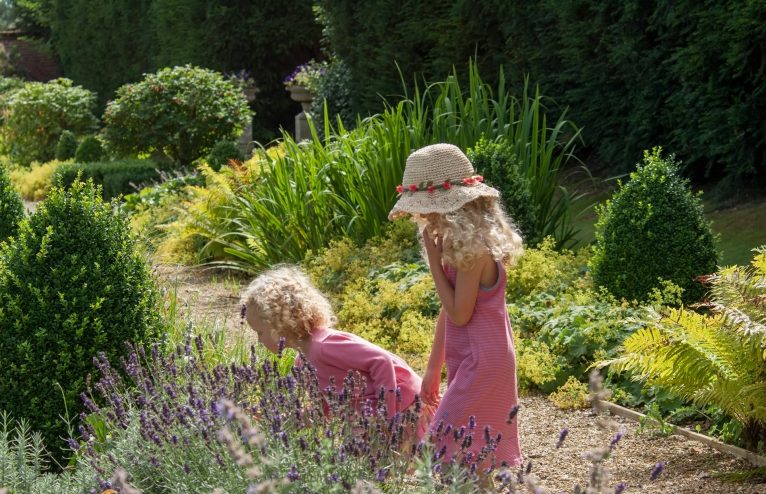
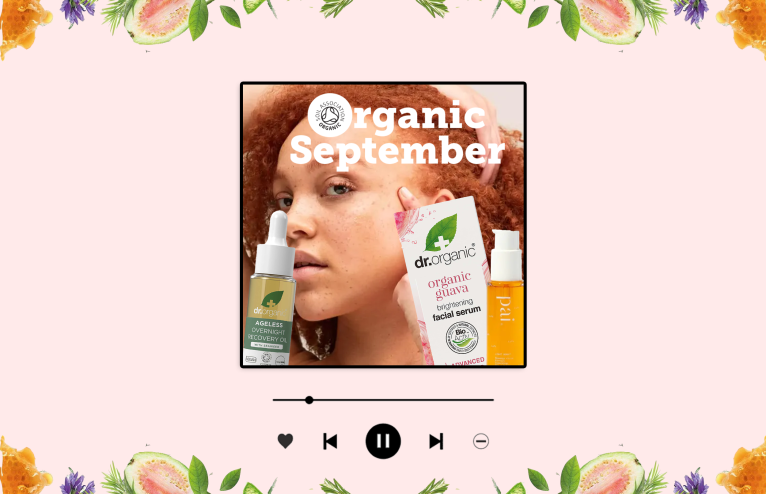
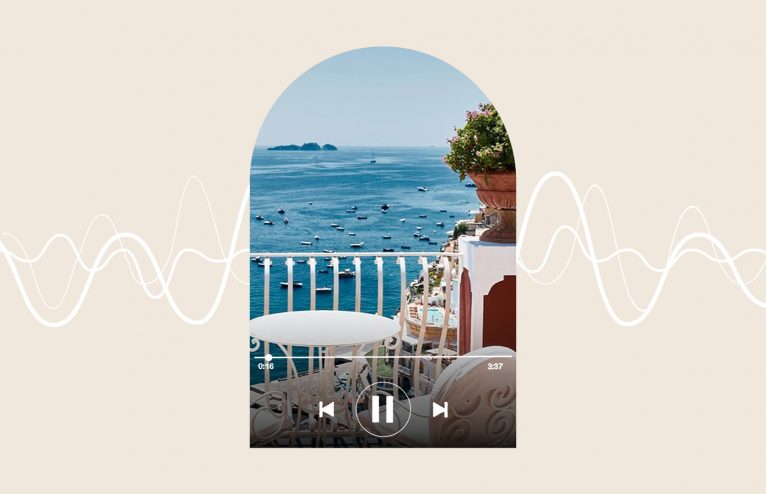
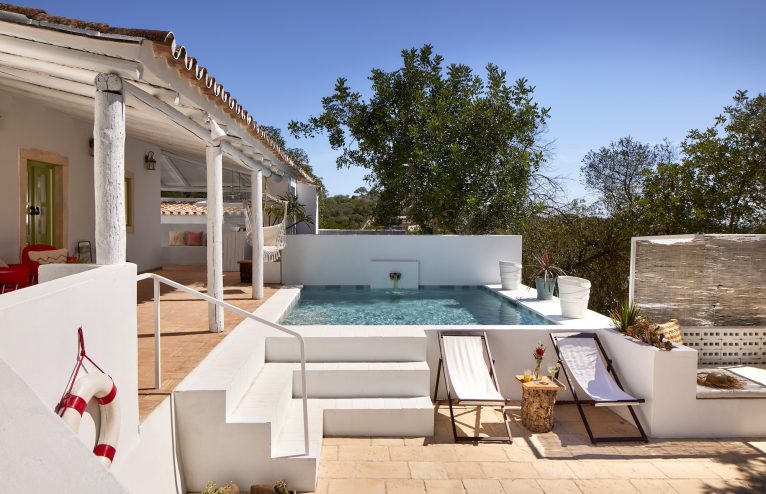
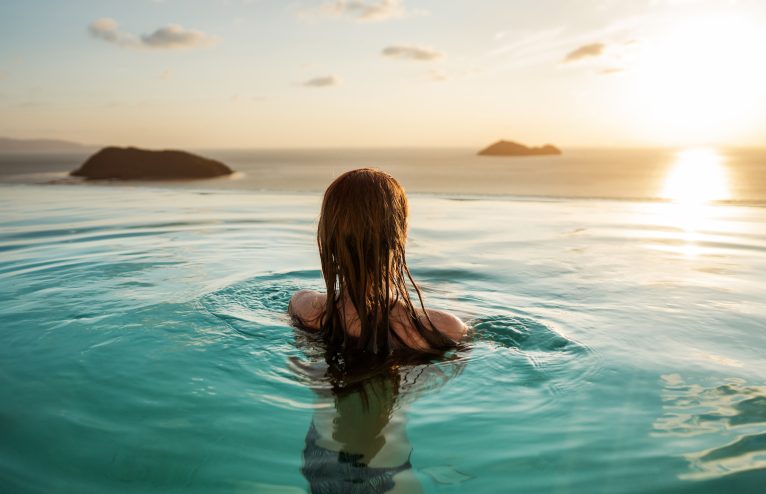

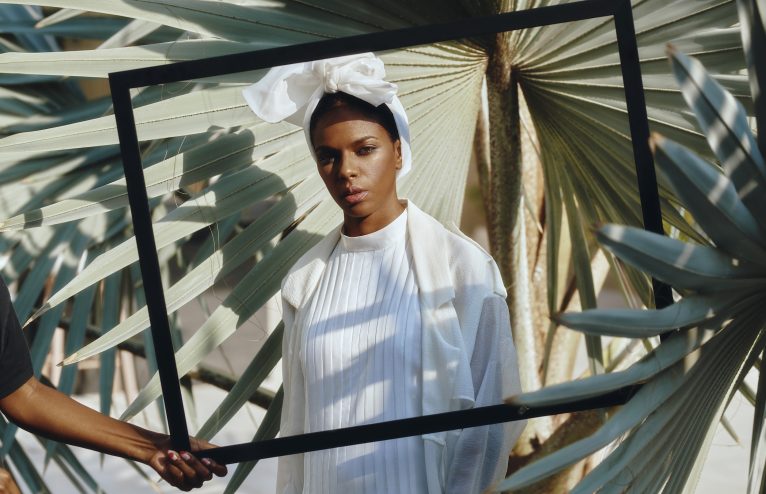
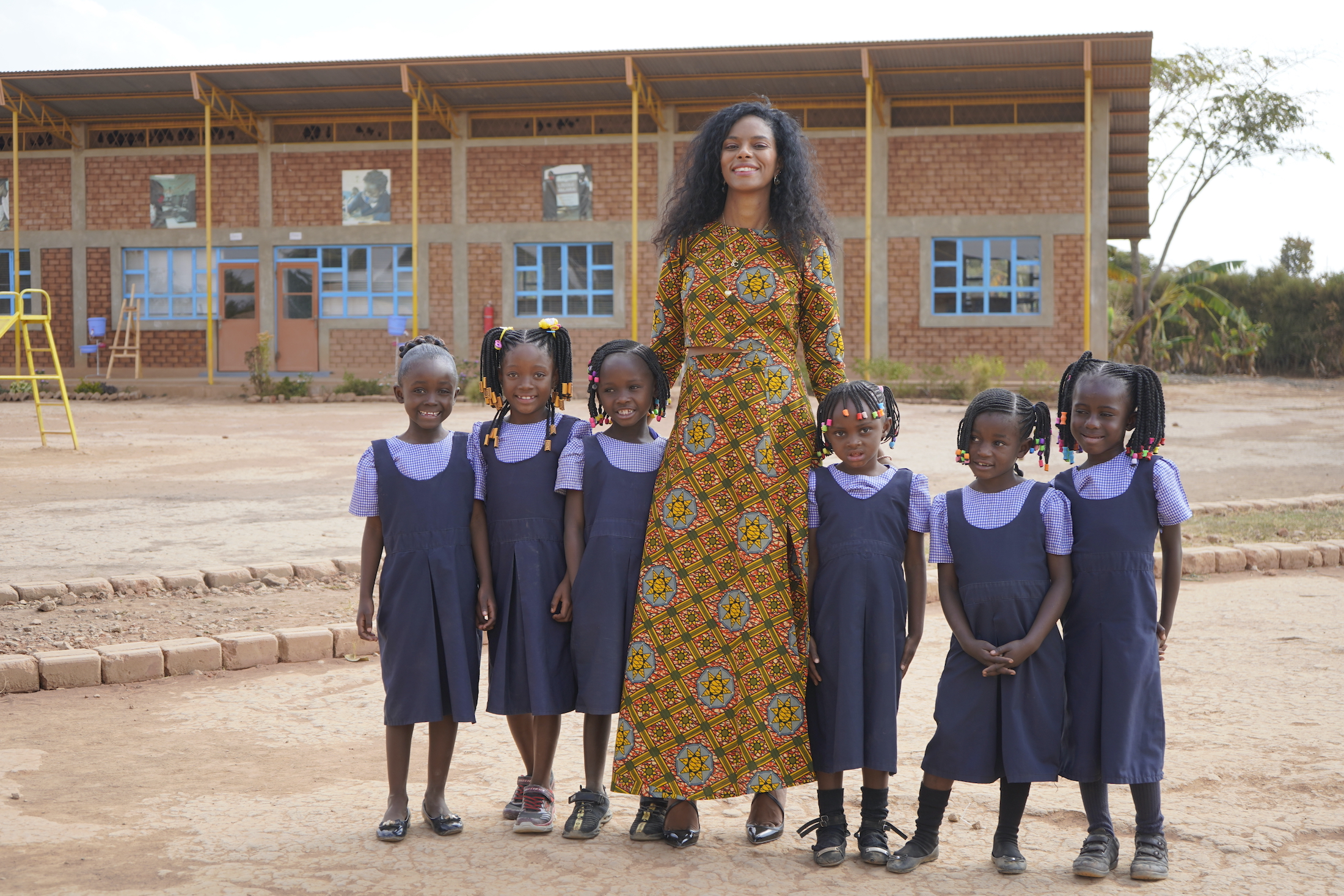
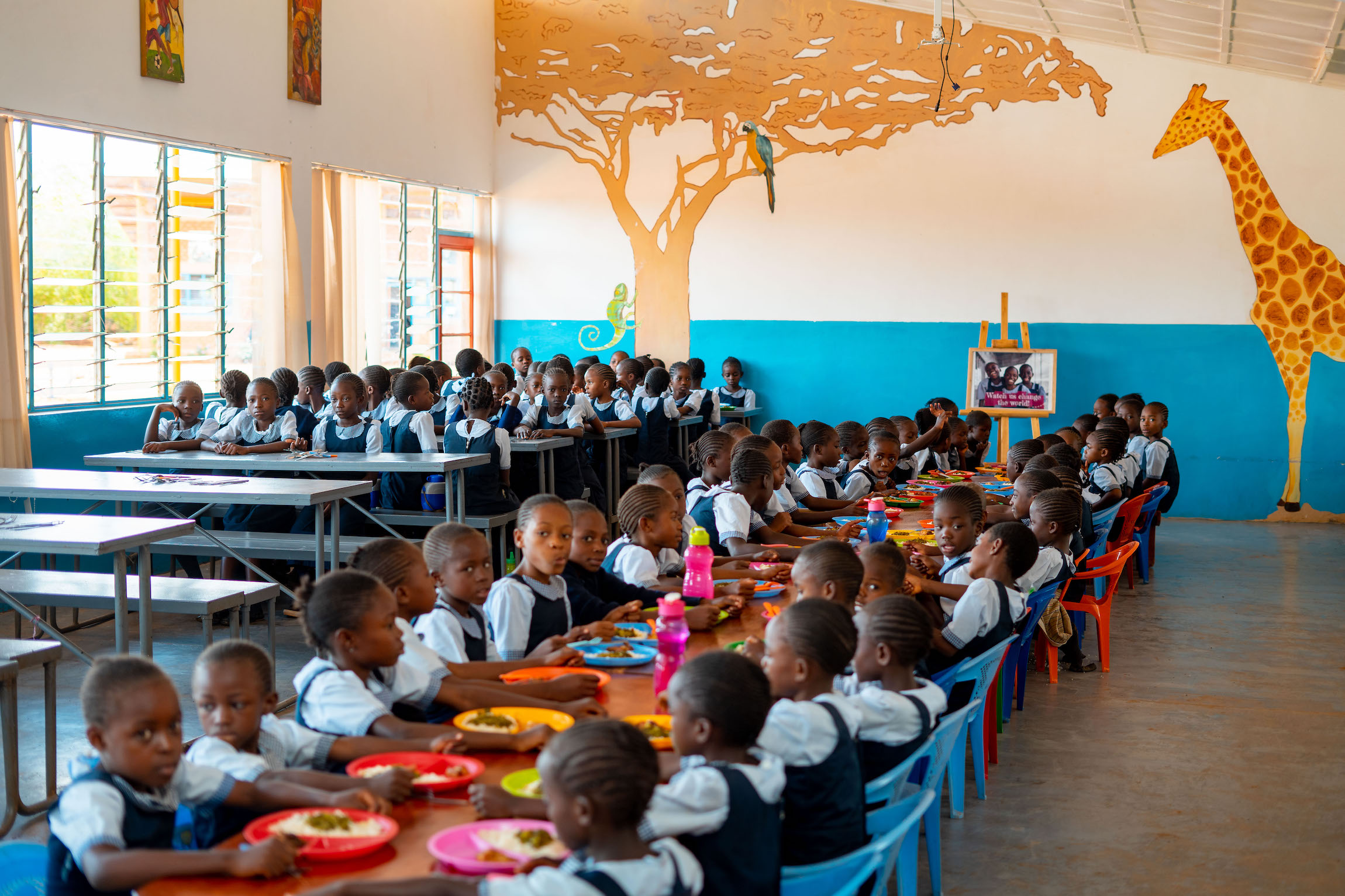
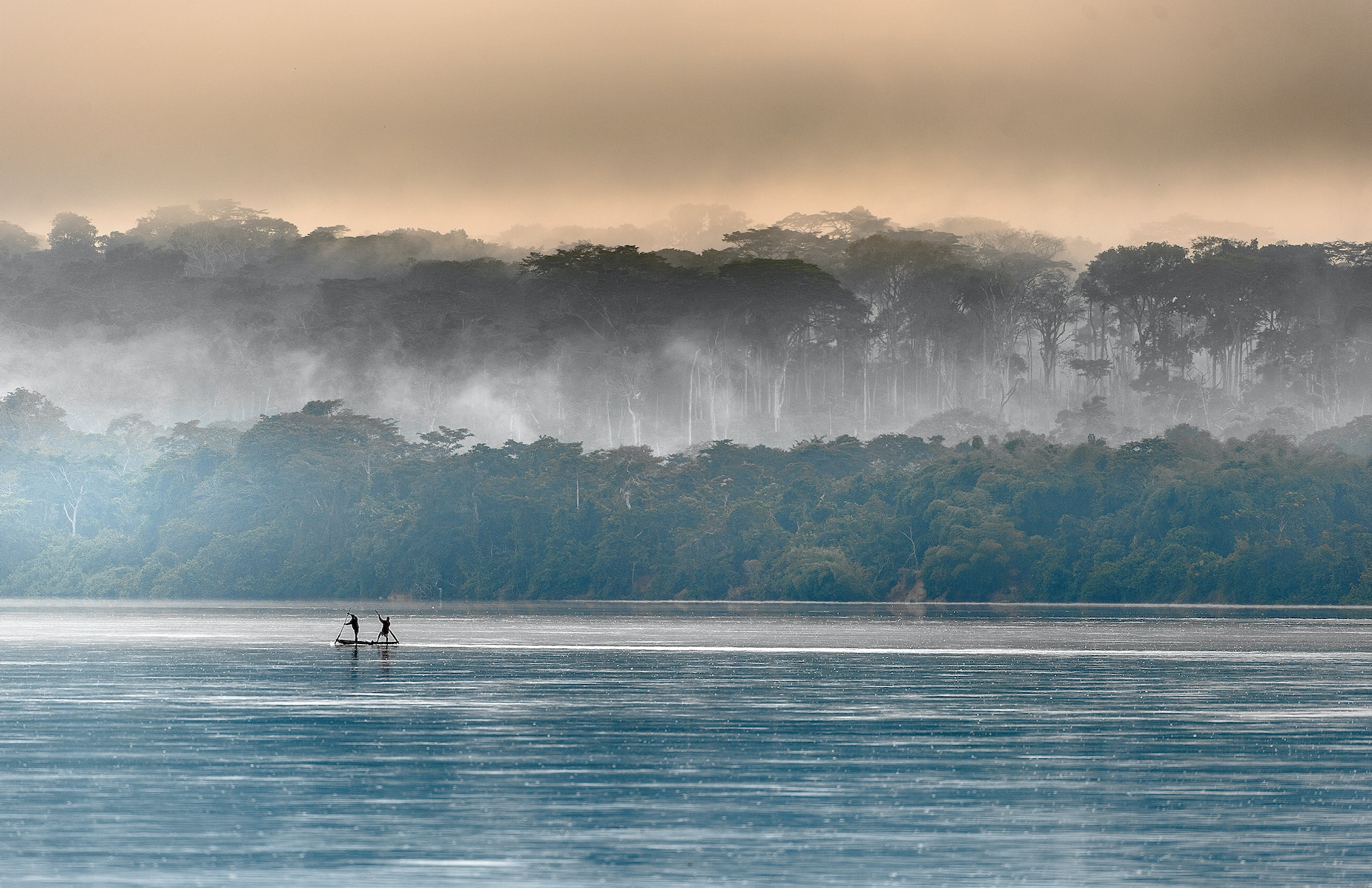
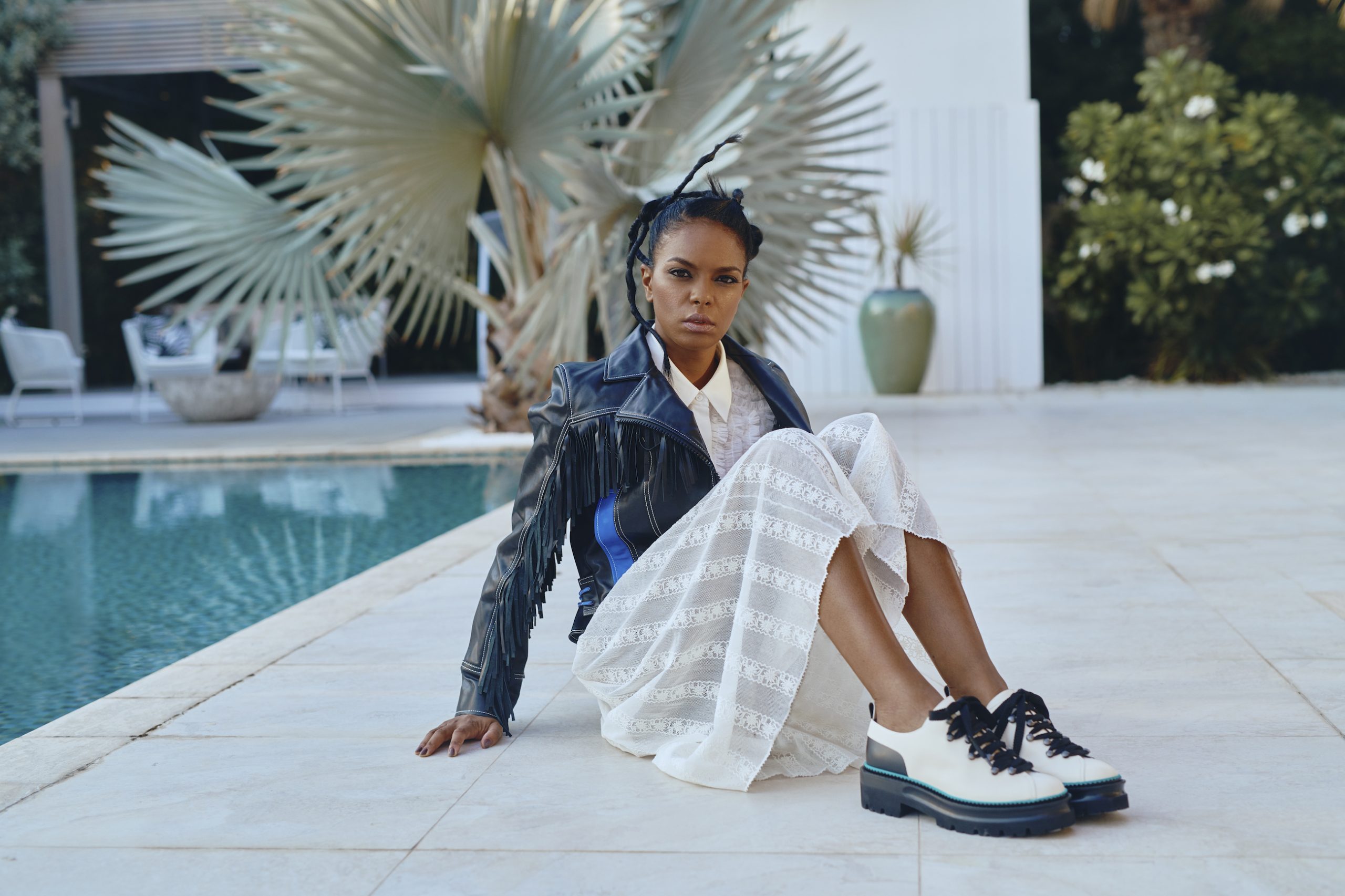
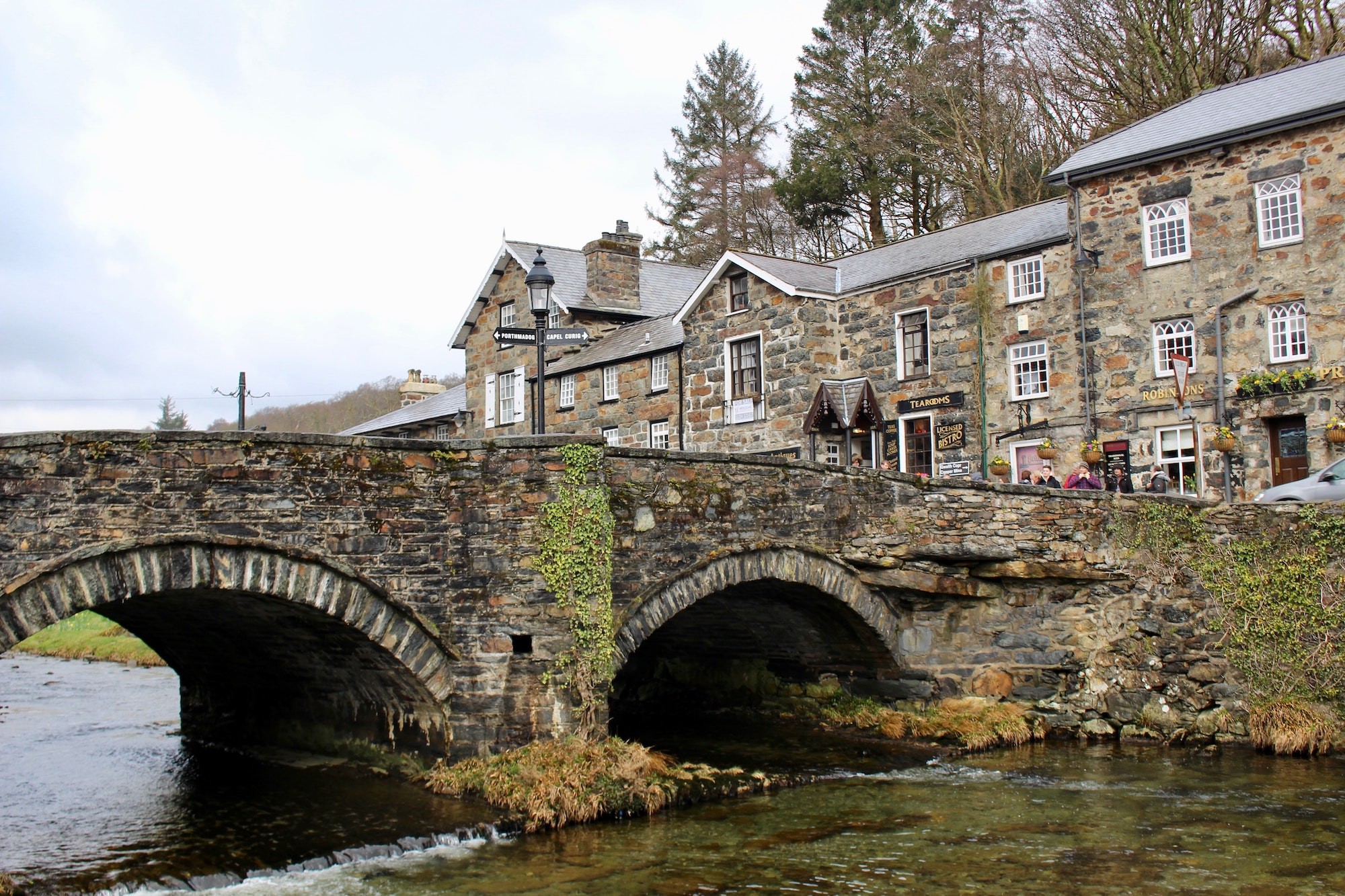
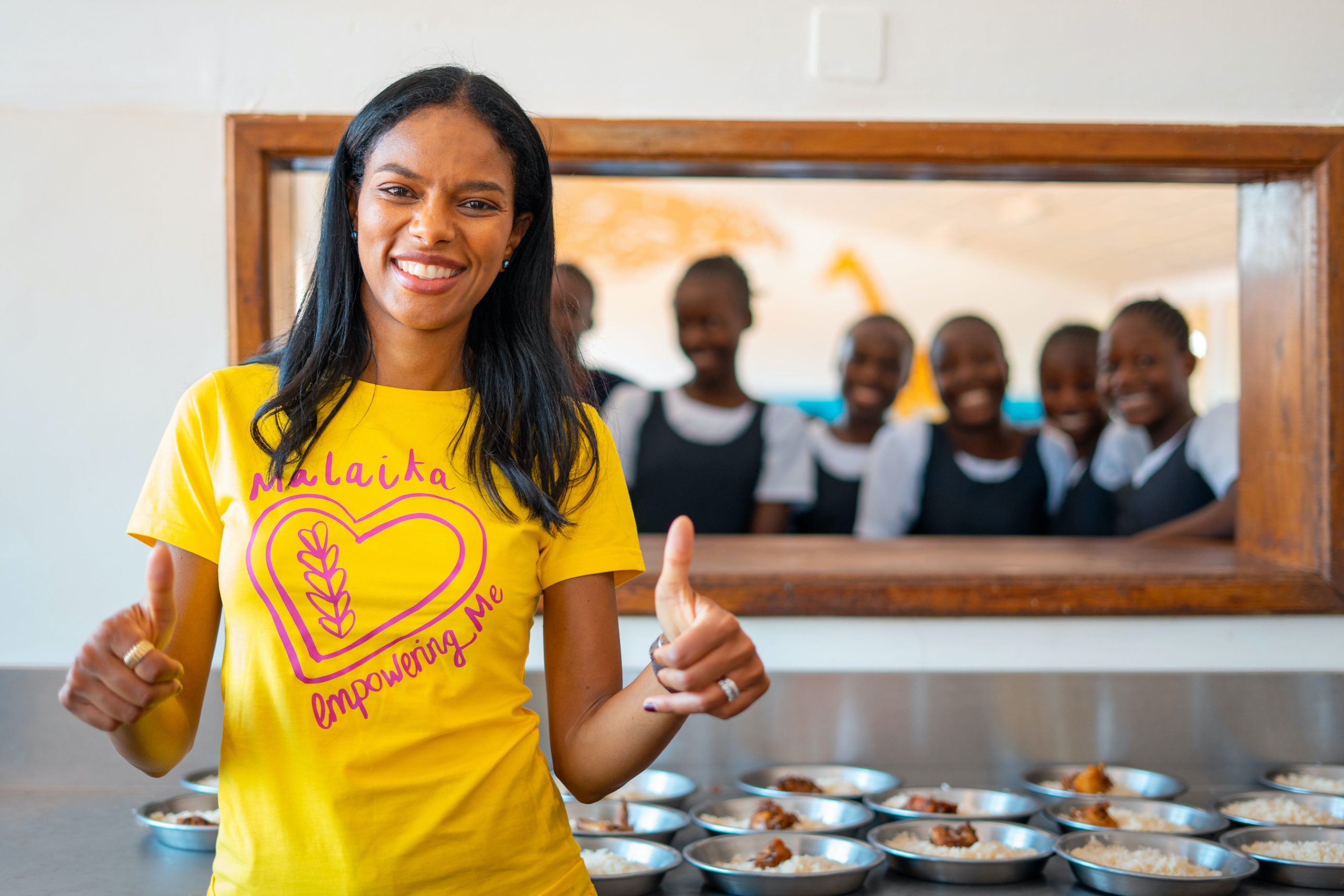
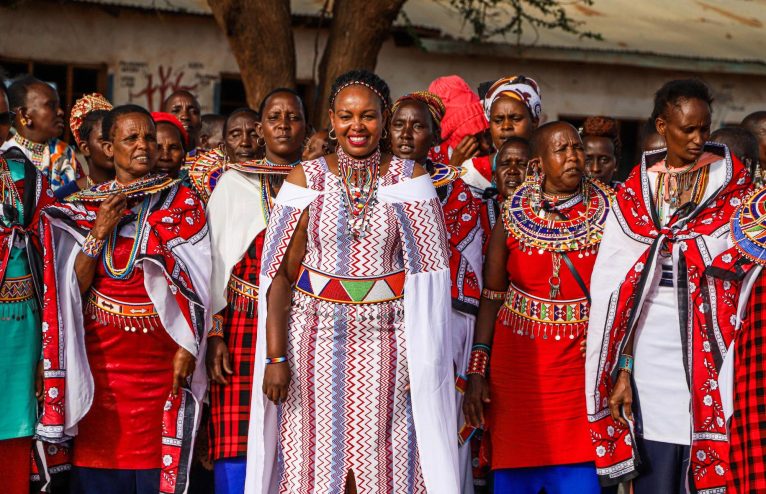
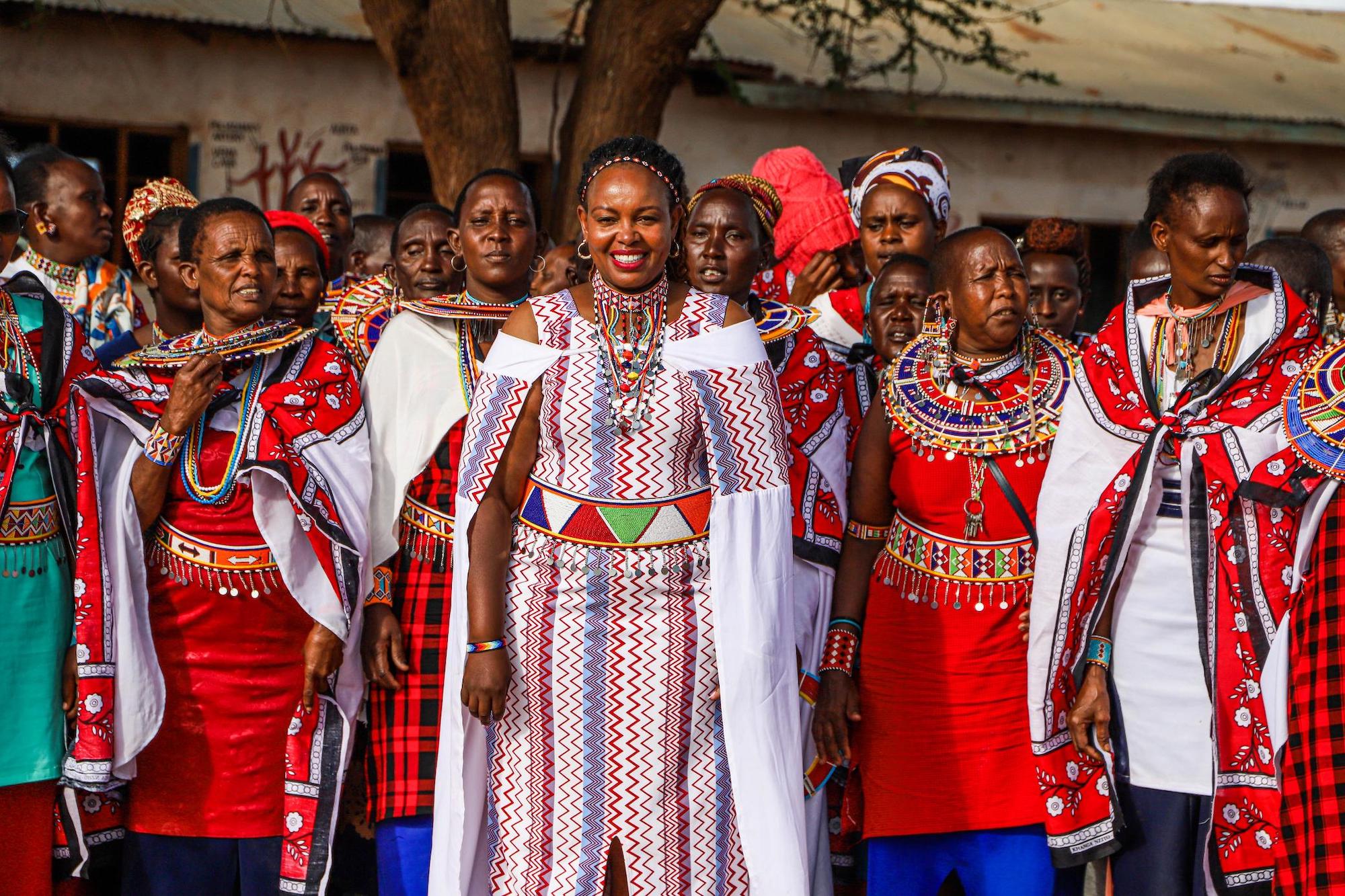
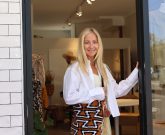
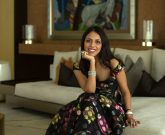
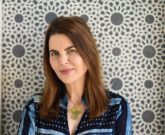
Any Questions or Tips to add?